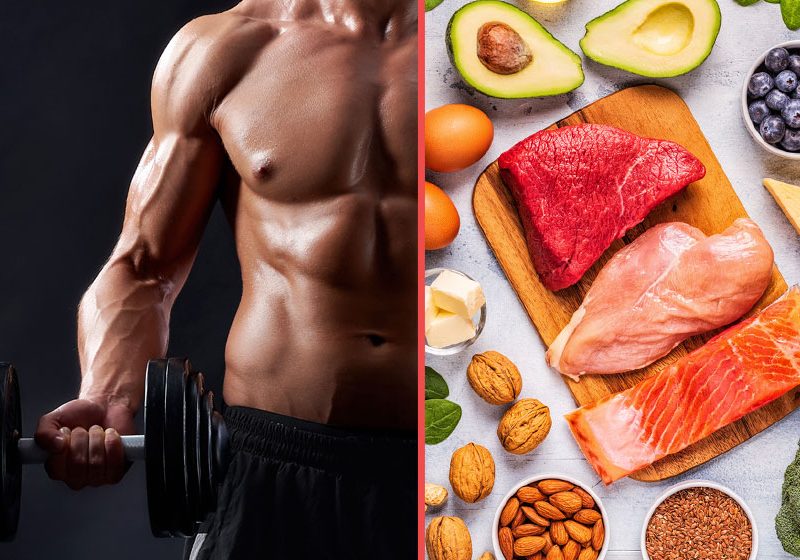
Introduction
Nutrition plays a fundamental role in fueling the human body, and for athletes, it becomes even more critical. Whether you’re a professional athlete, a weekend warrior, or someone aiming to improve their athletic performance, what you eat can significantly impact your results. In this article, we will explore the key components of an athlete’s diet and how nutrition can be optimized to enhance athletic performance.
Understanding the Athlete's Diet
The athlete’s diet revolves around providing the body with the necessary nutrients to support physical activity, promote recovery, and maintain overall health. While individual nutritional needs vary based on factors such as age, gender, sport, and training intensity, some general principles apply to most athletes.
Carbohydrates: Carbohydrates are the primary source of energy for the body, especially during high-intensity activities. Complex carbohydrates like whole grains, fruits, and vegetables should form the basis of an athlete’s diet.
Protein: Protein is essential for muscle repair and growth. Athletes need an adequate amount of protein from sources such as lean meats, poultry, fish, dairy, eggs, and plant-based options like legumes and tofu.
Fats: Healthy fats play a crucial role in hormone production and nutrient absorption. Sources of healthy fats include avocados, nuts, seeds, olive oil, and fatty fish.
Hydration: Staying hydrated is vital for optimal athletic performance. Water helps regulate body temperature, transport nutrients, and eliminate waste products. Athletes should drink plenty of fluids before, during, and after exercise.
Nutrition Strategies for Athletic Performance
Pre-Exercise Nutrition: A well-balanced meal rich in carbohydrates, moderate in protein, and low in fat should be consumed 3-4 hours before exercise. This allows for proper digestion and provides sufficient energy for the workout.
Hydration: Proper hydration starts well before exercise. Aim to drink enough water throughout the day and top up with fluids leading up to the exercise session. During prolonged workouts, consider sports drinks or electrolyte replacements to maintain electrolyte balance.
During Exercise Nutrition: For longer and intense workouts, consuming easily digestible carbohydrates like energy gels, sports drinks, or bananas can help sustain energy levels and delay fatigue.
Post-Exercise Nutrition: The post-workout window is crucial for recovery. Consuming a combination of carbohydrates and protein within 30-60 minutes after exercise helps replenish glycogen stores and promotes muscle repair.
Nutrient Timing: Distribute nutrient intake evenly throughout the day, with smaller, balanced meals and snacks to maintain energy levels and support recovery.
Supplementation Considerations
While a well-balanced diet should be the primary source of nutrients, some athletes may benefit from supplements to fill nutritional gaps. However, it is essential to consult a sports dietitian or healthcare professional before incorporating supplements into your routine, as individual needs vary.
Optimizing athletic performance through nutrition is a multifaceted process that involves fueling the body with the right nutrients at the right times. A well-rounded diet consisting of carbohydrates, protein, and healthy fats, along with proper hydration, lays the foundation for success in any athletic endeavor. Remember that every athlete is unique, and dietary needs should be tailored to individual goals and training regimens. By prioritizing nutrition and making informed choices, athletes can unlock their full potential and achieve peak performance in their chosen sport or fitness pursuit.
PODCASTS AND DEBATES
EVENTS AND GIVEAWAY
We host a lot of events that are available to all users.
- Monthly Plateau Challenge – Track your fitness progress by logging your goals and steps you’re taking to overcome them
- Master Chef – Display your cooking skills by making amazing meals to show.
- Discords best chef
- Regular Quizzes – Put your fitness knowledge to test, by completing our quizzes
- Weekly Podcasts – Q and A with our dedicate personal trainers
Comments